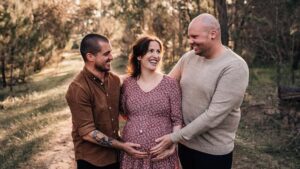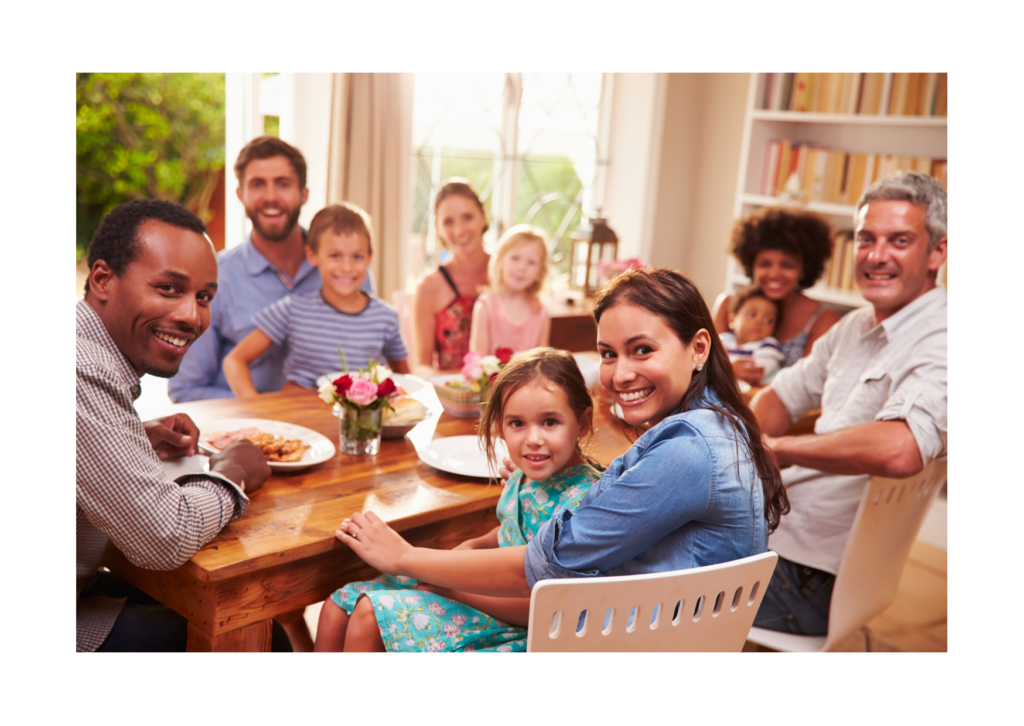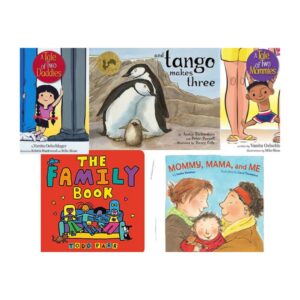
Parental Right For Same Sex Parents
Being lesbionics in rural Nova Scotia meant our birth plan


Sperm and egg donation never promises a relationship. It’s true that in the UK you can find out a donor’s identity when your 18 but this is no guarantee that a connection will ensue. This change only came about in 2005, meaning the first children who will have access are now coming of age.
Some young people have found this disavowing of a relationship hard to understand. Why create people who are cut off from their biological family? If the connection means nothing, then why do so many people still choose for the child to be related to one parent? For those young people it can’t be meaningful in one case but not in the other.
This is especially poignant when thinking about siblings where again in the UK families using the same donor sperm or eggs are limited to 10 but this relies on the donor not providing samples at other fertility centers as there is no central database.
Even at 10 families this could lead to a large group of half siblings. More so in other parts of the world where there is no restrictions.
Adopted and permanently fostered young people can also have different responses to the meaning within genetic connections.
Again, in the UK this is layered with the reality that in most adoptions there was abuse and neglect which precipitated child protection proceedings.
For others the meaning in genetics means less than the bond created over time and care.
Some might also feel that any curiosity would be betraying their family.
What is clear is that it would be intentionally ignorant to not realize hiding beginnings is impossible with widespread DNA testing.
Surely when thinking about having a child both the would-be parents and the adoptive and fertility centers that facilitate the making of these families, need to consider beyond the child or baby in arms but also what that baby will want when they grow up.
We believe the onus is on parents to instigate conversations with their children about their beginnings so that no child grows into an adult not knowing key genetic and identity history that belongs to them.

Being lesbionics in rural Nova Scotia meant our birth plan

The above is from an excerpt of her book, I

The stories we are told as children play a role in who we become when we grow up. After all we eventually narrate our own lives. The character who inhabits books and screens have an impact on how children see themselves and others. Representation is so important.